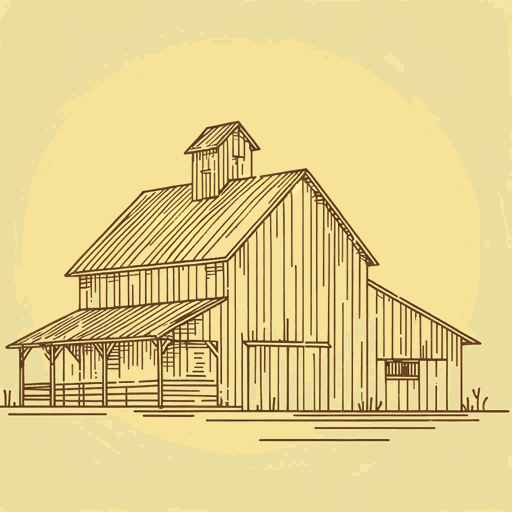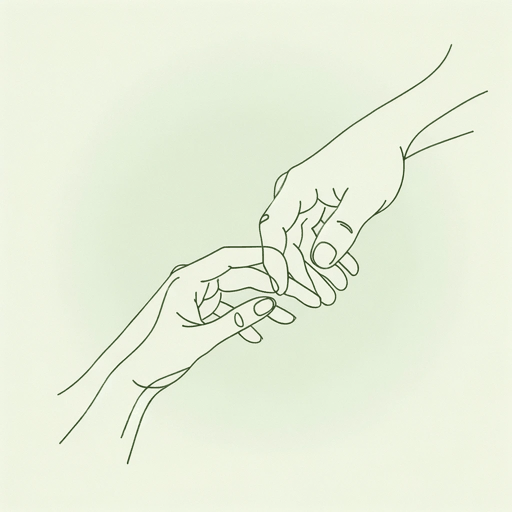46 pages • 1 hour read
Alice MunroLives of Girls and Women
Fiction | Short Story Collection | Adult | Published in 1971A modern alternative to SparkNotes and CliffsNotes, SuperSummary offers high-quality Study Guides with detailed chapter summaries and analysis of major themes, characters, and more.
Important Quotes
Content Warning: This section of the guide contains references to murder, death by suicide and suicidal ideation, and sexual abuse, including sexual interactions between an adult and a young teenager. The source text also includes outdated and offensive language surrounding race and mental health conditions that are reproduced only via quotations.
“Old frogs knew enough to stay out of our way, but we did not want them; it was the slim young green ones, the juicy adolescents, that we were after, cool and slimy; we squished them tenderly in our hands, then plopped them in a honey pail and put the lid on.”
(“The Flats Road”, Page 3)
In the first story, Del Jordan explores her childhood, which sets up the collection as a coming-of-age text. This moment also illustrates a connection between Del, as a young girl, with the natural world and compares her own coming-of-age with that of an adolescent frog. By doing so, Munro uses concrete imagery with abstract comparisons by drawing connections between the young girl and nature without directly pointing this out to the reader.
“So lying alongside our world was Uncle Benny’s world like a troubling distorted reflection, the same but never at all the same.”
(“The Flats Road”, Page 30)
Here, Munro utilizes language that appears more sophisticated than what a typical young child would use, which highlights the reflective nature of Del’s narration. As an adult, Del can view events from her childhood through a more experienced lens, allowing her to provide a nuanced look at her childhood.
“Masculine self-centeredness made him restful to be with.”
(“Heirs of the Living Body”, Page 35)
Del discusses her relationship with Uncle Craig, which allows Munro to further a conversation regarding gender. Narratively, Del is still a young girl, so her comfort resides in the lack of judgment between her and Uncle Craig. On the other hand, Del’s future self, who narrates the story, recognizes that this lack of judgment derives from Craig’s patriarchal perspective of the world.
Related Titles
By Alice Munro

Boys And Girls
Alice Munro

Dance of the Happy Shades: And Other Stories
Alice Munro

Dear Life
Alice Munro

Friend of My Youth
Alice Munro

Hateship, Friendship, Courtship, Loveship, Marriage
Alice Munro

How I Met My Husband
Alice Munro

The Bear Came over the Mountain
Alice Munro

The Beggar Maid
Alice Munro

The Love Of A Good Woman
Alice Munro

The View from Castle Rock
Alice Munro

Too Much Happiness
Alice Munro

Walker Brothers Cowboy
Alice Munro

